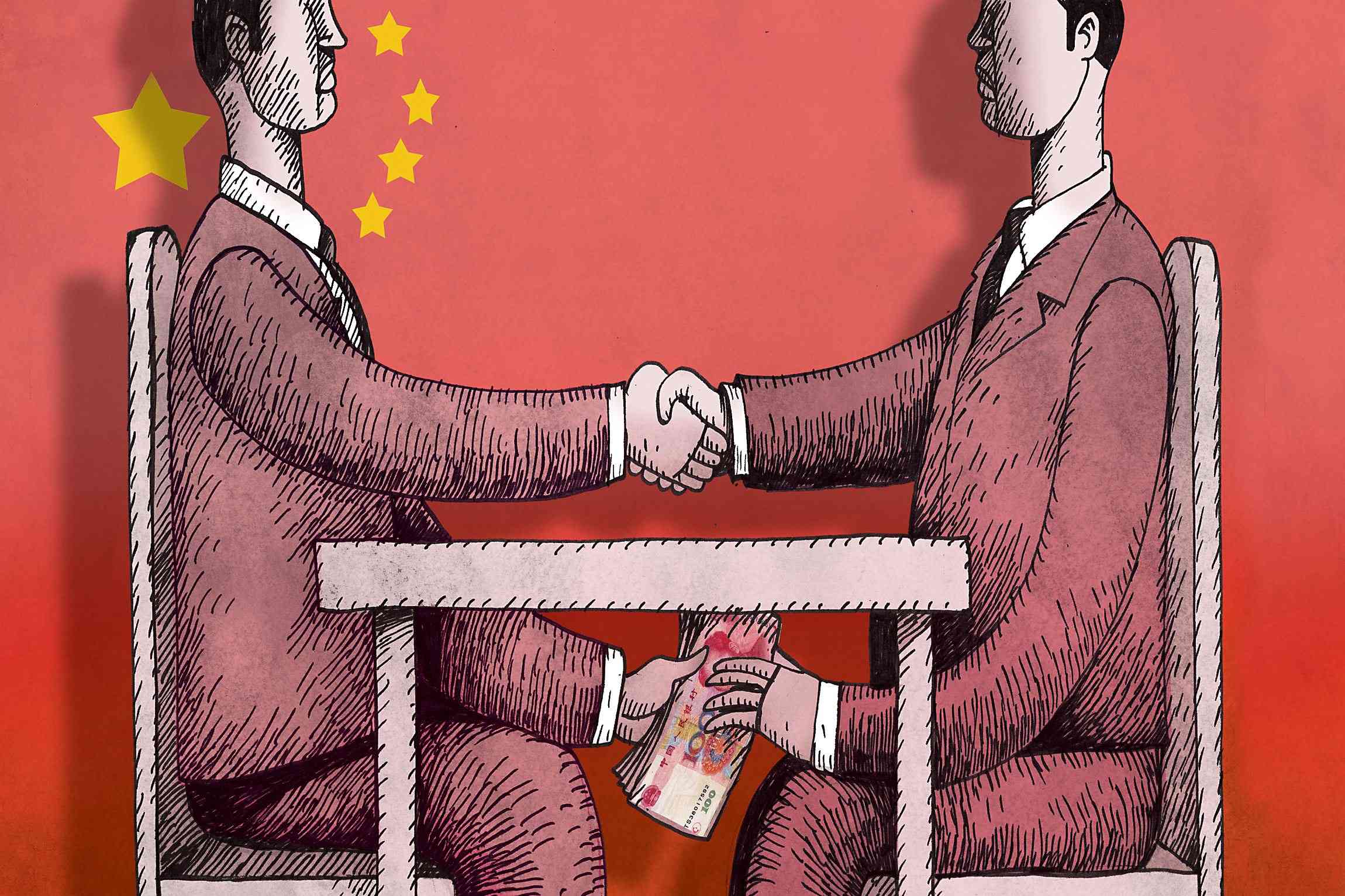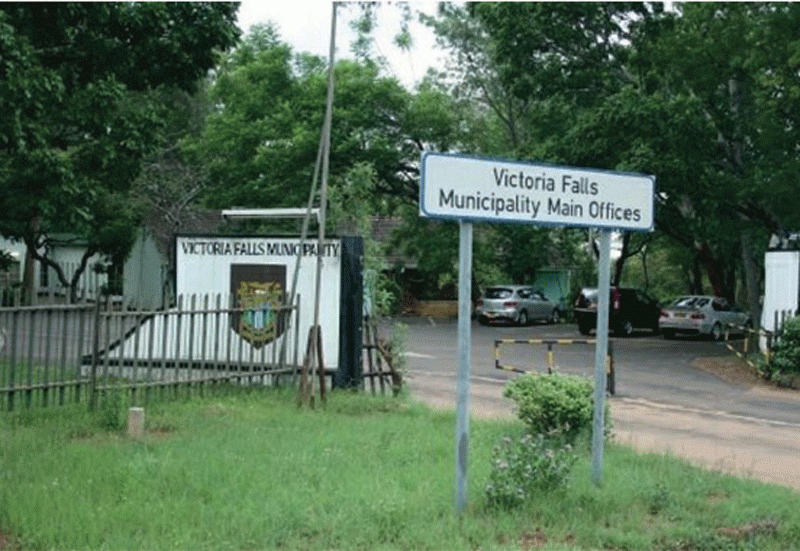
In the last more than a decade, China has poured millions of yuan to make its anti-corruption drive in the country successful. It hired thousands of anti-graft investigators to bust corruption and launch a crackdown on government officials who have made money by indulging in dishonest practices.
But now a bizarre spectacle has emerged: Those hired for eradicating corruption in China have themselves become highly corrupt, making it very difficult for the authorities to overcome the decay that has set in almost all departments and ministries of the country. However, to keep the record straight, the Central Commission for Discipline Inspection (CCDI), the Communist Party of China’s top anti-corruption body, placed 3,900 officials of its department under investigation on suspicion of wrongdoing in 2024, compared with 7,817 in 2023, South China Morning Post reported.
The development has taken place even as the anti-corruption drive launched by President Xi Jinping has entered its 13th year in 2025. It shows that the campaign against sleaze in the government departments or agencies in China is battling to achieve a desired progress. And this can be understood by the fact that of the total 3,900 officials of the CCDI placed under investigation last year, only 58 were officials of vice-ministerial rank and above. The mandate given to the CCDI is to carry out rigorous investigations across various levels of the Chinese government.
It clearly demonstrates that the number of high and mighty facing prosecution in the East Asian country is still very low and for this, China watchers hold the inherent power structure and lack of independent judicial system of the country responsible. For example, China, as per state news agency Xinhua, claims to remove some 14 military lawmakers, including former Defence Minister Li Shangfu and his predecessor Wei Fenghe from the national legislature from March 2023 onwards. Last year, Admiral Miao Hua, a member of China’s Central Military Commission that oversees the People’s Liberation Army, was also placed under investigation for his alleged “serious violations of discipline,” which usually refers to issues of corruption.
Yet these are a very small number of senior officials who have been dismissed and subjected to trial in the country over the corruption issue. A majority of high-ranking Chinese officials wielding significant influence and privileges in the country’s gargantuan but complex power structure, are still far away from any action for their wrongdoings, say China watchers.
According to a report, between 2013 and 2022, Chinese authorities investigated a staggering 4.39 million cases and punished around 4.7 million individuals. However, a sizable percentage of those who faced legal action belonged to low or middle ranking level officials. Only a small percentage of officials belonged to high-ranking level.
In the midst of such a scenario, Beijing finds itself in an unfathomable mess as officials appointed to control corruption; bribery and sleaze in government offices have themselves become corrupt, thereby weakening the Chinese government’s anti-graft campaign.
In turn, it has also brought disrepute to China with people blaming the entrenched bureaucracy for being not able to clean the system off black sheep. Despite the fact that President Xi Jinping has repeatedly maintained that “corruption is the biggest threat facing the (Communist) party, and countering corruption is the most thorough form of self-revolution.”
- China’s economic picture grows murkier in Xi’s ‘new era’
- Chinese Tech stocks slump as Xi's new team of loyalists lack market-mindedness
- China: The 30-year rule
- Beyond Beijing’s “gift” to Zimbabwe
Keep Reading
But experts say the Chinese President’s such apprehensions are for the rhetoric’s sake only. If Xi Jinping really wants to get China rid of corruption, he will have to simply do away with the centralised control of the Communist Party as it is the party which controls the levers of the political, economic and security systems in the country and this is what breeds corruption, they argue.
In fact, concentration of power offers opportunities for corruption, as individuals, with access to state resources and decision-making, can easily exploit their position for bribery, nepotism, and kickbacks. In recent days, this can be seen in the case of Yang Wei, the chief designer of China’s first stealth fighter, the J-20, or rocket expert Hao Zhaoping.
Both were celebrated officials of the Aviation Industry Corporation of China (AVIC) and were busy in giving a shape to President Xi Jinping’s dream of making China militarily strong. Last week, both these high-ranking technocrats were dismissed from their job by the AVIC.
No explanation has been given behind their sudden dismissal. But it is assumed that given these two high-ranking officials’ decision-making power within the AVIC and the complicated relationship between Chinese armed forces with the country’s military-industrial system, they would have been removed from their job on account of their alleged involvement in some wrong doings.
China’s military-industrial system has always been in the spot for being a hotbed of corruption. In this background, it cannot be ruled out that the fighter jets and rockets these two AVIC officials developed had defects in materials or designs, which also means that there may be malpractices in the production and development of the J-20 aircraft, the so-called 6th generation aircraft of China. Overall, these developments suggest that corruption has become endemic in China and as such, no anti-graft measures would be successful without bringing about meaningful reforms, including political. This is the reason why even officials appointed to fight graft or dishonest dealings of individuals in government offices across China are ending up becoming corrupt themselves.







